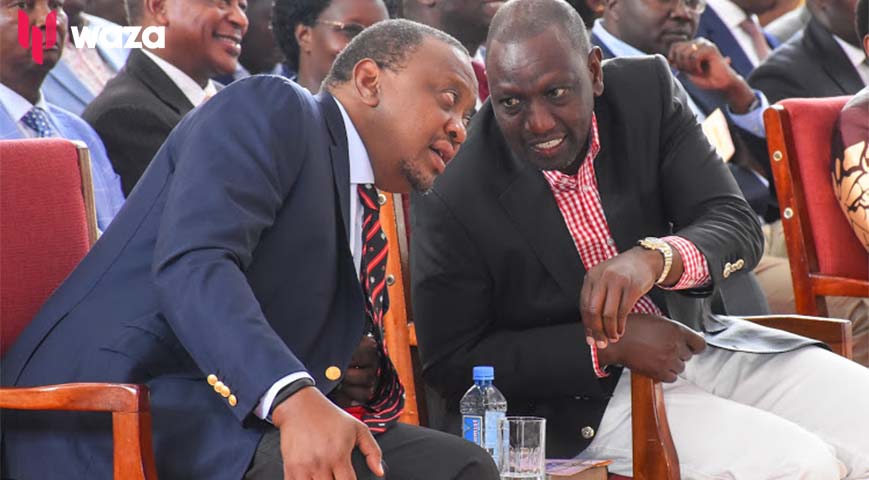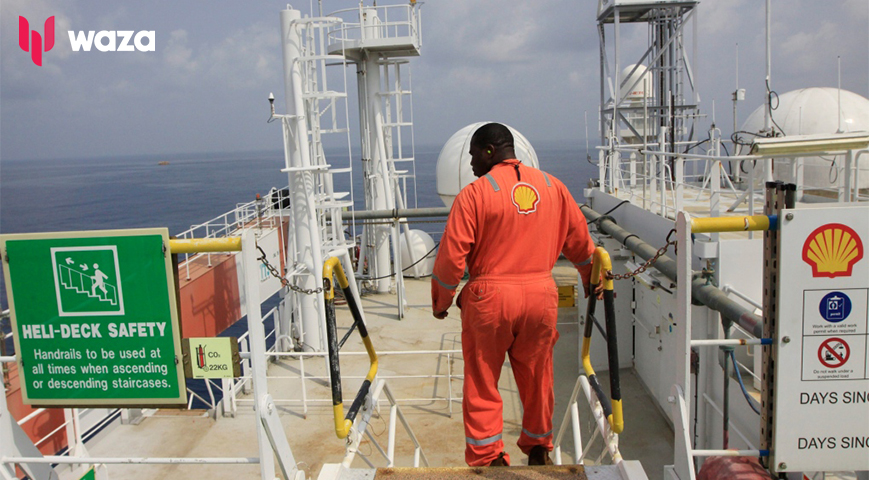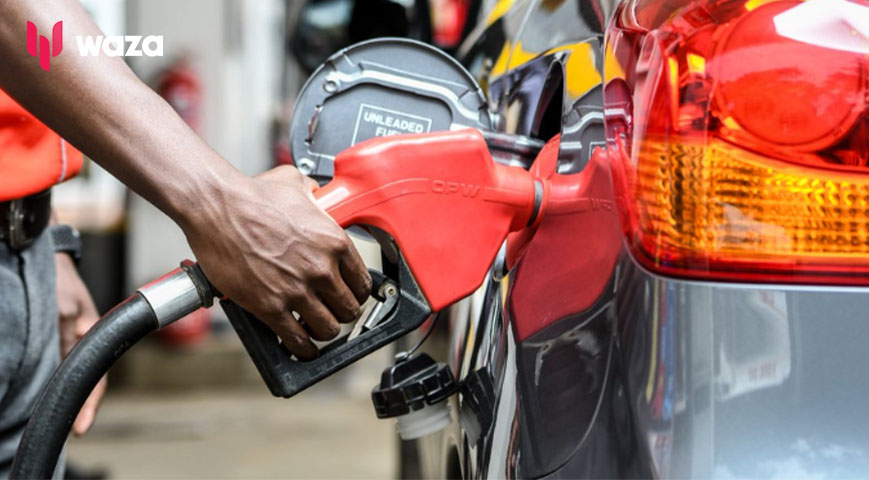According to numbers from a report by the Office of the Controller of Budget, a staggering 83% of all taxes received by the government have gone into debt repayment.
According to the Controller of Budget Margaret Nyakango, who testified before the Budget and Appropriations Committee, the public debt is expected to consume 83 percent of the Ksh. 4.18 trillion budget for the 2022–23 Financial Year heavily depends on Kenya Revenue Authority (KRA) collections, leaving a pitiful 17 percent for other government programs.
As a result, the government will still require additional borrowing to fund its activities.
"The debt as of 30th June is Ksh.10.25 trillion surpassing the legal limit," said Nyakango.
Did you read this?
The exchequer will have to work harder to raise money to meet its responsibilities to settle the Ksh.5.42 trillion external debt and Ksh.4.83 trillion domestic debt due to an 18% increase in public debt.
Even though the Kenya Revenue Authority (KRA) hopes to collect Ksh. 2.7 trillion by the conclusion of the 2023–24 fiscal year, a more significant portion of the funds would be used to pay off debt.
Nyakango also took issue with public spending at both levels of government, particularly with the way recurring costs keep consuming more public money.
For instance, of the Ksh.3.6 trillion allotted to the national government, 38 percent, or Ksh.542.46 billion, went toward staff salaries, allowances, contributions, and compensation.
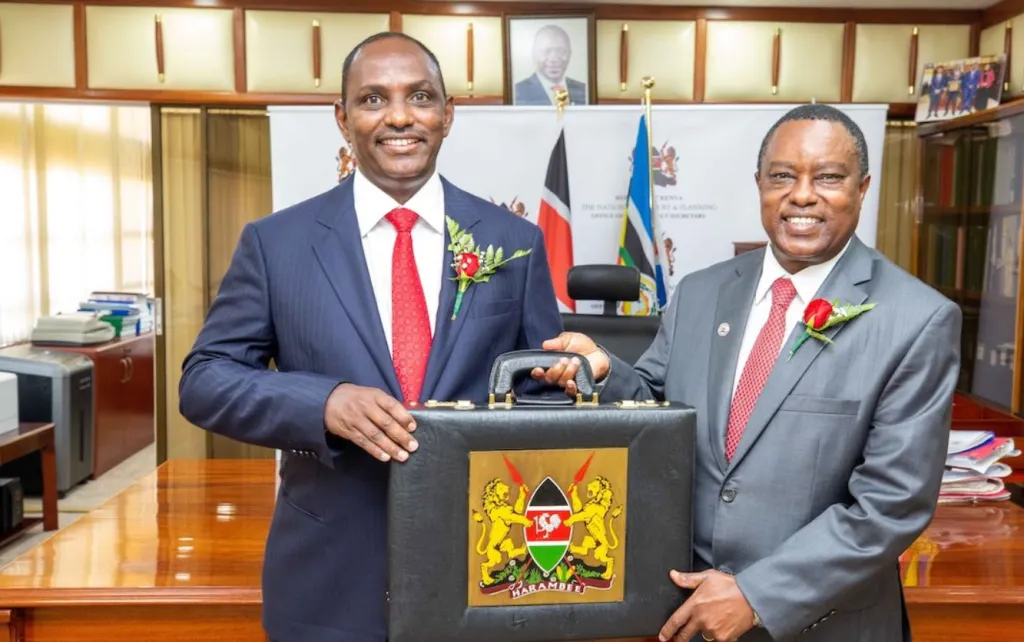
Another prominent drainer of public money has been identified as international travel. State officers spent Ksh. According to the Controller of Budget, twenty billion on domestic and international travel, despite a memo from the Head of Public Service restricting official travel for government officials.
The National Assembly was found to be the biggest travel spender, spending Ksh. 4.8 billion locally and another Ksh. 1.5 billion abroad.
The Office of the President led by spending 2.34 percent of the Ksh. 8.6 billion allocated to hospitality, followed closely by the polling organization IEBC, which spent Ksh. 2.1 billion.
The number of approved pending bills has increased from Ksh.685.62 billion to Ksh.727.74 billion despite President William Ruto's directive to counties to settle them to enable money circulation and boost the economy. Given the current situation, it is improbable that the trend will shift at any point.
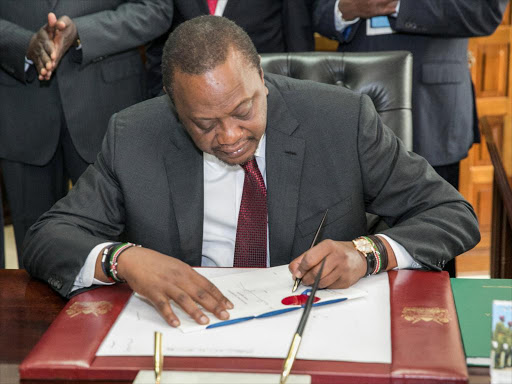
Nyakango advises that it is vital to compare current loans with the projects it supports to determine if the country is receiving value for money.
Another recommendation likely to cause controversy is that the National Treasury look into other currencies when looking for funding to lessen the burden of the shilling's daily depreciation.
She also pleaded with the authorities to reduce its coat to the size of its fabric.

